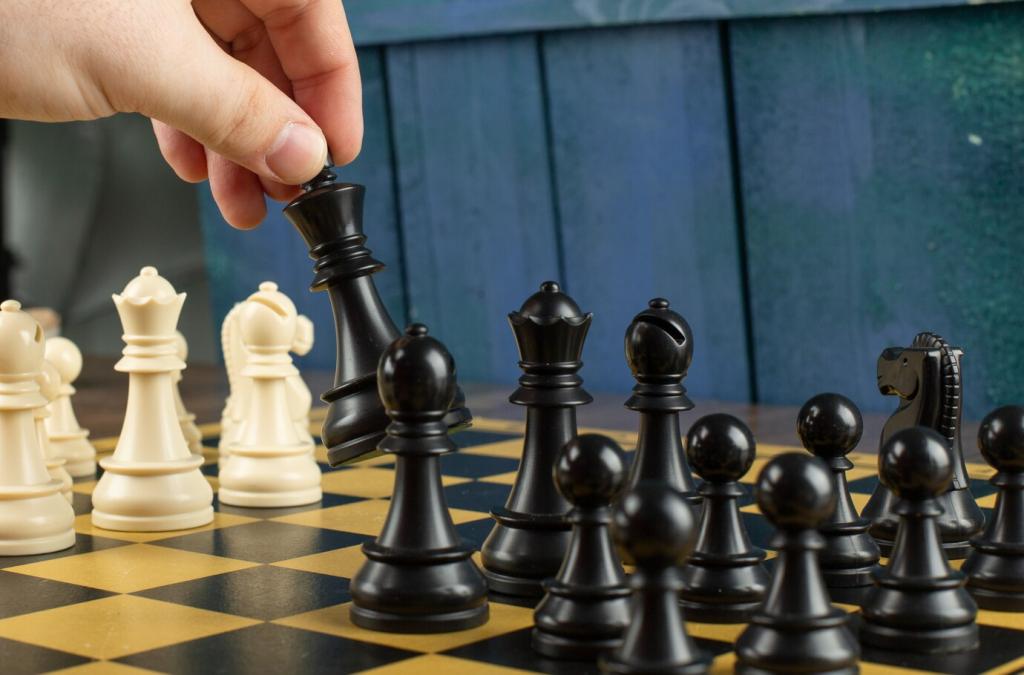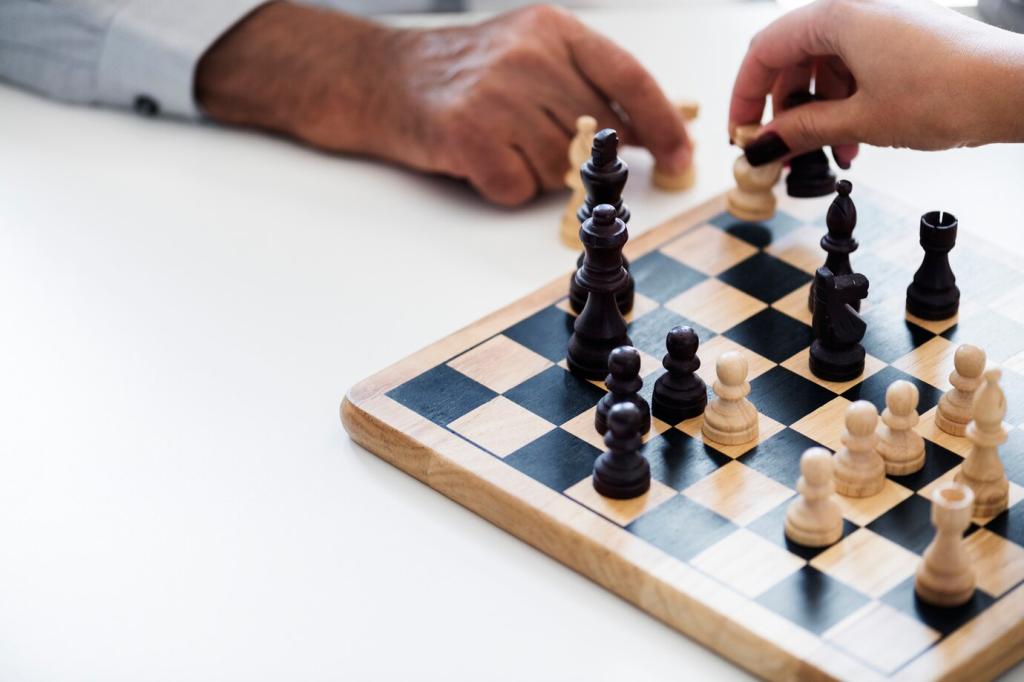Fair Play, Trust, and Transparency
Healthy games show human tempo: think spikes in critical moments, occasional harmless inaccuracies, and consistent stylistic themes. Share how your club fosters trust, from phone policies to post-game analysis circles that celebrate learning over perfection.
Fair Play, Trust, and Transparency
Adopt clear anti-cheating protocols, supervised rest areas, and delayed live moves for broadcasts. Pair this with educational workshops about ethical engine use. Comment which practices your events use; we’ll compile a community checklist for organizers.


